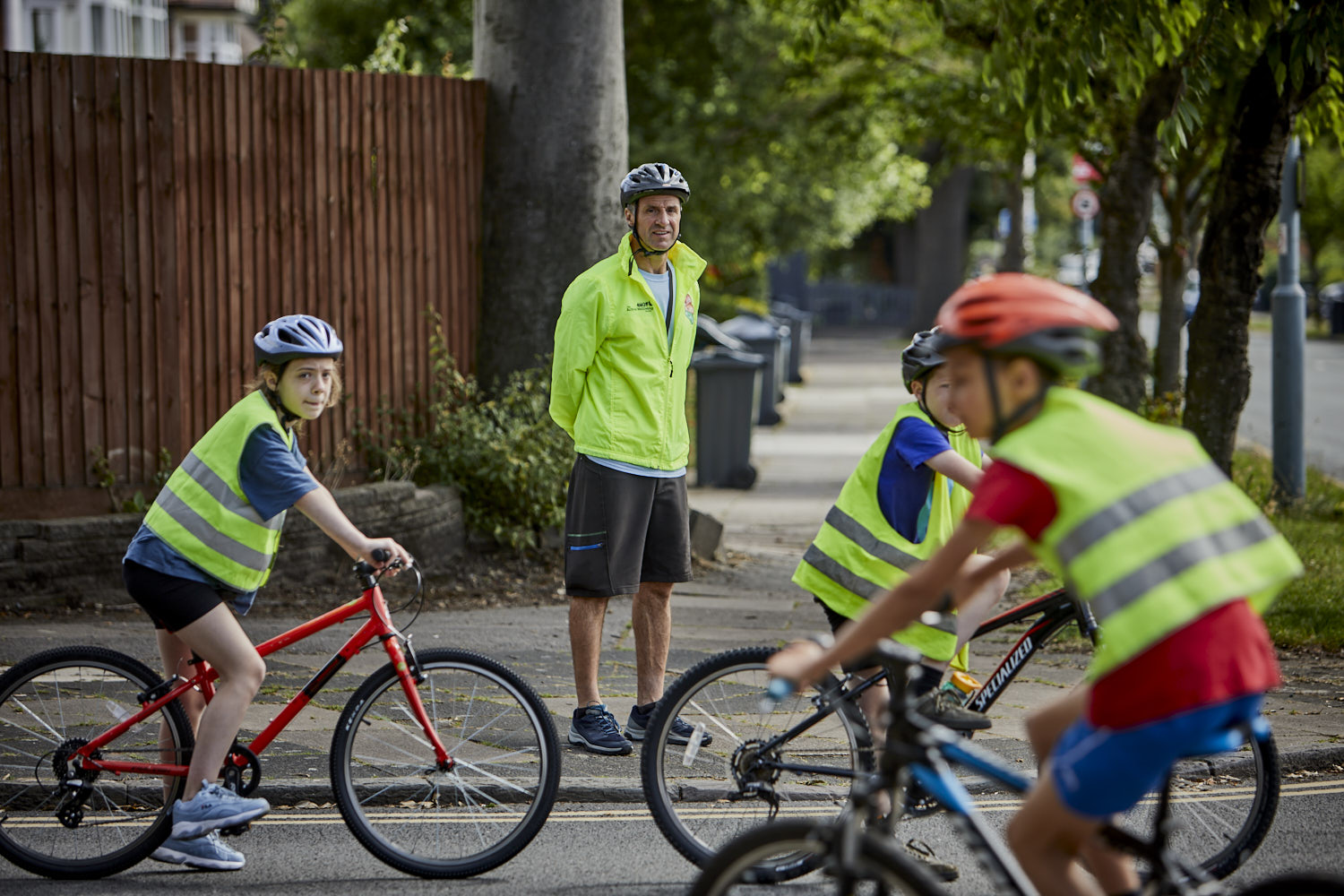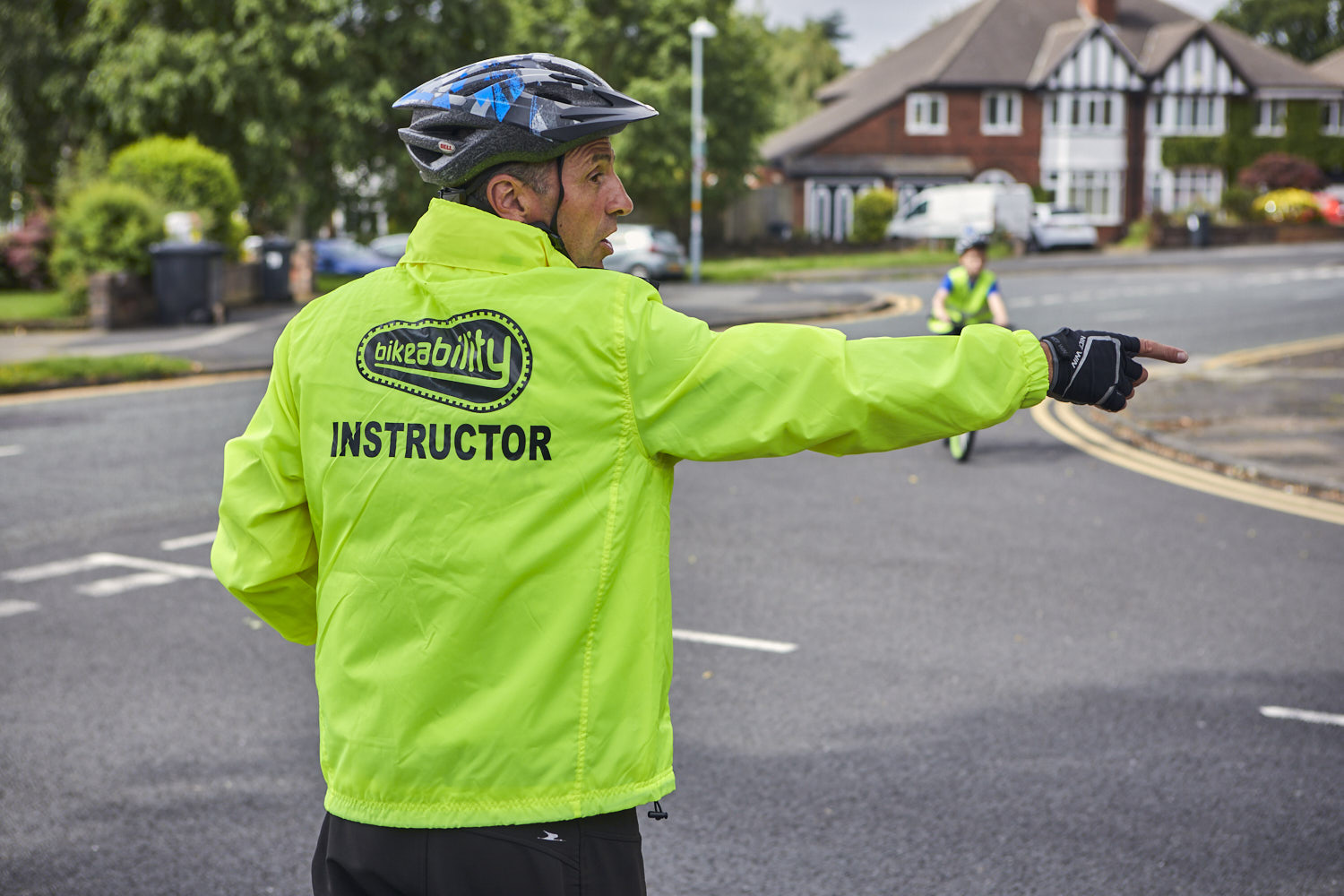You must have a health and safety policy in place. It may be short, as it connects to
- emergency procedures
- incident report form
- generic risk assessment
- site specific risk assessment
Start with your risk assessments. Then, create your report form and emergency procedures. You can create your health and safety policy last.
Your policy must cover the following areas:
- risk mitigation
- risk assessments
- emergency procedures
- relevant training of instructors
- insurance
- reporting of instructors


You must name a health and safety lead in your policy. This individual will receive, record and act on incident report forms.
If only one or two instructors work for you, you do not have to inform and check staff in your policy. You must state in your policy how many instructors work for you and that you do not plan to recruit.
You must inform your grant recipient of any incidents. You must inform the Bikeability Trust of any serious incidents. We will record the incident, but you must act on and resolve it.
If we have concern about an incident, we will work with you to resolve the situation. Serious neglect which put riders or instructors at risk will lead to de-registration.
Your health and safety policy should be available to the public at any time.


Emergency procedures
Emergency procedures are a set of documents for instructors to use during training. They should be short, succinct and easy to follow.
Incident report form
Instructors use the incident report form to record an incident. It will prompt them to record all relevant information.
Generic risk assessment
This assessment will set out the measure taken to reduce the risk of cycle training.
Site specific risk assessment
This assessment will identify risk and control measures to deliver cycle training at a specific location.


You can adapt and use the following documents:
Model health and safety policy
Our model policy only covers cycle training risks. You may wish to add other risks to your own policy.


